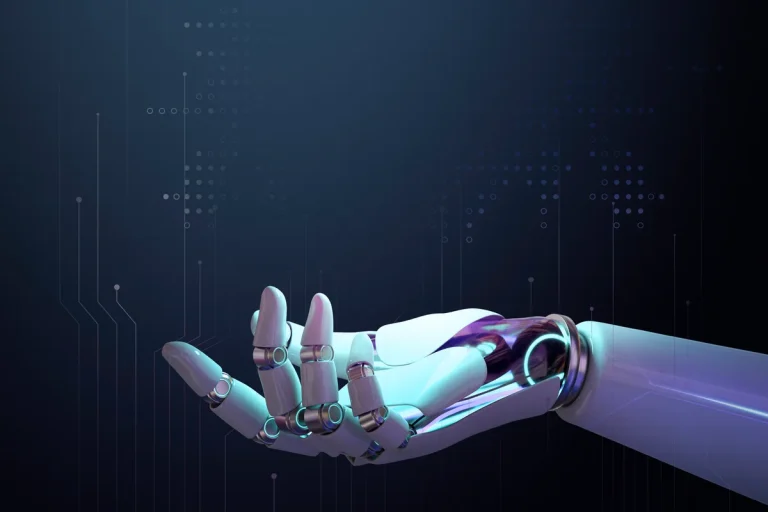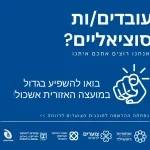Nir Yanovsky-Dagan heads the Innovation, Data, and Artificial Intelligence Unit at Israel’s National Digital Agency.
Two stories capture the strange state of the job market in 2025. On one side, people are being asked to act like machines. On the other, machines are being made to pass as people.
The first story is about Build.AI, a startup that developed an AI tool promising to quickly generate apps. The hype was huge. But so was the disappointment when the truth came out. Behind the so-called AI was a team of hundreds of human programmers in India. When a user submitted a request, these developers quickly got to work, and the finished product was presented as the result of artificial intelligence. As long as the illusion lasted, customers and investors were happy. But when it turned out the intelligence wasn’t artificial at all, the company collapsed.
The second story comes from a McKinsey survey, showing the reverse situation. In tech, workers are expected to behave like robots. But in other sectors, robots are doing the work while people pretend it’s their own. The survey found that employees use AI tools much more often than their managers realize. A manager might think her team created a presentation, when in reality it was prepared by AI. Workers are expected to hide the signs. As the saying goes, AI is like Botox. If it’s noticeable, you’re doing it wrong.
If I were a robot entering the job market for the first time, I would be confused. People are willing to give me credit for work I didn’t do, and take credit for the work I actually did. The reason may lie in what kinds of tasks people are comfortable outsourcing. We’re fine with robots outperforming us in coding or accounting. But when it comes to art, leadership, or persuasion, we still want to believe those belong to us. The surprise is that robots are often better at the things we thought made us uniquely human, and worse at the routine tasks we hoped to hand off to them.
To deal with this gap, we cheat. We say the repetitive work was done by machines, and claim the creative results for ourselves.
But we can’t hide the truth forever. Just as the secret behind Build.AI was exposed and led to its downfall, the quiet use of AI by employees will also be revealed. This will reshape the workplace. We need to start preparing now. AI is already here, and in many cases its results are better than what humans can produce.
We must move past the old image of robots doing only dirty, dangerous, or dull jobs. Essential areas like healthcare, education, and social services should not be considered off-limits. It’s time to bring AI into these fields in a responsible, transparent, and ethical way. This includes areas like diagnosing PTSD, managing grants, and supporting addiction recovery.
We should begin large-scale pilot programs in public services as soon as possible. These programs should go beyond reducing bureaucracy. They should focus on improving the services themselves. Our social challenges are too serious to keep doing things the way we always have. The most advanced technology should be used to address the most urgent problems.
Israel’s growth in recent decades has come from its identity as the Startup Nation, a center of creativity and innovation. That was during a time when creativity and intelligence were limited to people. Now, we are entering a new era, where the tools we’ve created are becoming creative and intelligent as well.
By integrating AI into public services, we can use this new wave of creativity to tackle the challenges facing our society. In doing so, we have the chance to write a new and promising chapter in the Israeli story.































